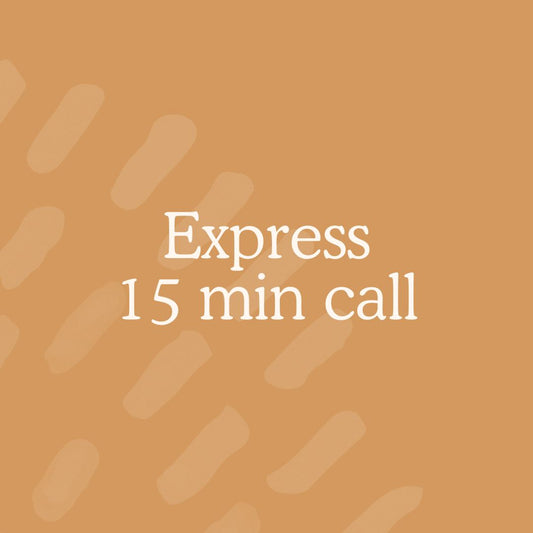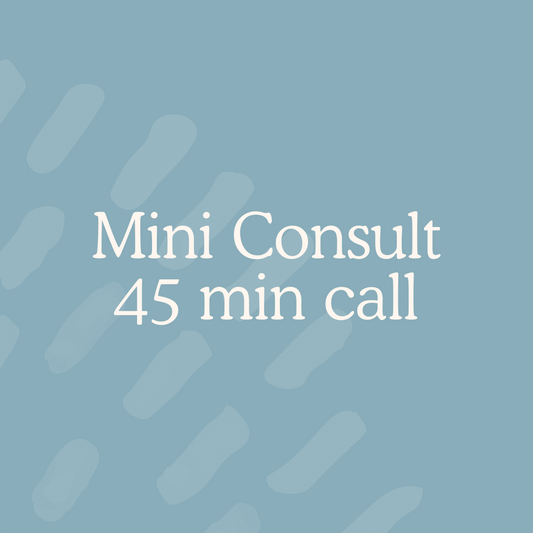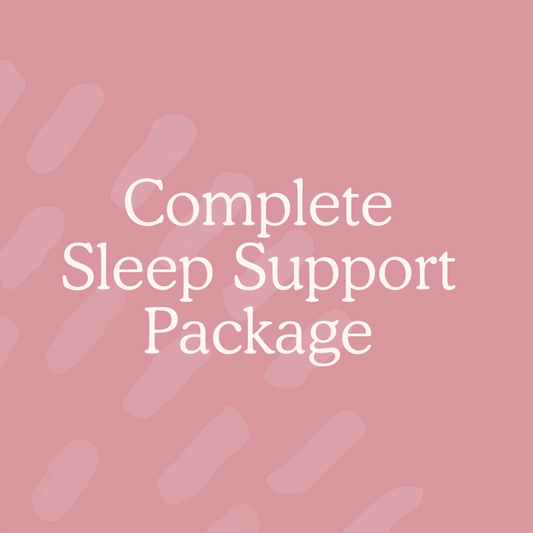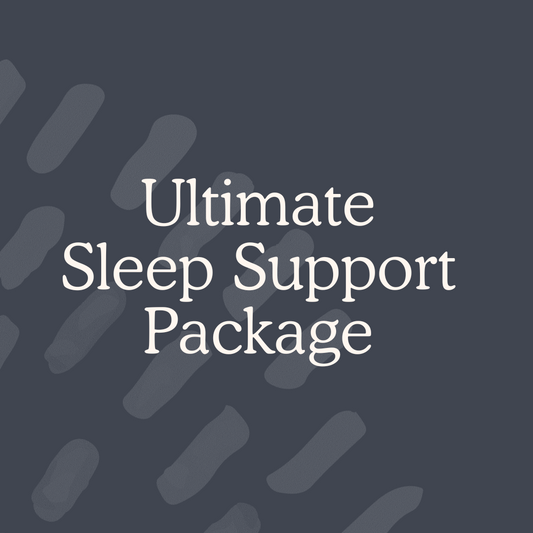Melatonin supplements have become popular as a quick fix for toddler bedtime battles and sleep struggles. They are available over-the-counter, making them easily accessible. But should these supplements be part of your toddler’s nightly routine? In this blog, I’ll explain why I don’t recommend melatonin supplements for toddler sleep and why they won’t help your toddler sleep through the night.
What is melatonin?
Melatonin is a naturally occurring hormone produced by the pineal gland in the brain. It plays a crucial role in regulating our sleep-wake cycles by signaling to the body that it is time to sleep. Melatonin can only be produced in the dark, and sunlight or artificial lights, inhibit melatonin production. Melatonin levels typically rise in the evening, peak during the night, and fall in the early morning, aligning with the body's natural circadian rhythms. For adults, melatonin supplements are sometimes used to address sleep disorders, jet lag, and certain circadian rhythm disruptions.
Why do parents give their toddlers melatonin?
More and more parents are turning to melatonin supplements to help their toddlers fall asleep at bedtime. But this is usually just a short term fix and won’t help a toddler sleep through the night long term. Melatonin supplements will only mask underlying sleep issues rather than address them.
We’ve seen many children develop problems like split nights or early morning wakes after starting melatonin. This is because melatonin typically only helps you fall asleep, not stay asleep for the entire 12 hours overnight. Which is why it is more effective to identify and resolve the root causes of a child's sleep difficulties rather than relying on supplements.
When might melatonin supplementation be useful?
That said, melatonin can be helpful in certain situations. It may aid children with autism or ADHD to wind down for sleep. In these cases, melatonin can help improve sleep onset, which can be particularly challenging for some children. However, its use in these circumstances should be closely monitored by a pediatrician to ensure it's safe and effective.
Are melatonin supplements safe for children?
There are significant safety concerns associated with melatonin supplements. These products are not regulated by the FDA, and there's limited research on their safety and impact on children. In the US, there have been incidents of child poisoning linked to melatonin, with some severe cases requiring hospitalization and even leading to death. The long-term effects of melatonin use in children are also not well understood, raising further concerns about its safety.
Safe alternatives to melatonin for toddler sleep?
Simple practices like avoiding screens before bed, maintaining a regular bedtime hour, and creating a consistent bedtime routine can support your child's natural melatonin production without the need for supplements.
If you need help getting your toddler's sleep on track, our team of certified infant and toddler sleep consultants can help. We provide personalized sleep plans and daily support to address your child's unique sleep challenges.
"Baby Sleep Code changed our family's life! As a full time working mum I could not cope with the sleepless nights and neither could my babe with such a long day at daycare.
Within such a short time we were waking up in the morning refreshed from a full night's sleep! If anyone is contemplating - do it!” (mum of 2 year old) Kate, Perth Western Australia





